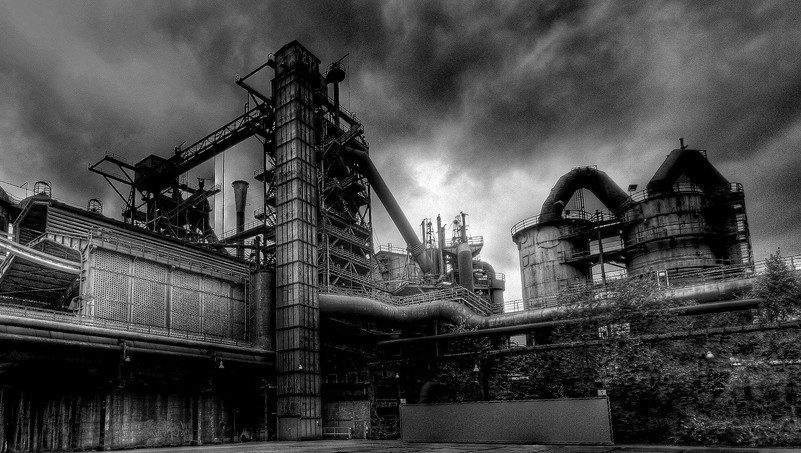The impact of industrial policy on China’s economic growth has been difficult to assess, in part due to the lack of direct evidence on government support measures, which remain secret. This research uncovers hidden subsidies provided to the Chinese shipbuilding industry, which has more than doubled its global market share in recent years. The subsidies decreased shipyard costs in China by 13-20% between 2006 and 2012, policy interventions that have led to substantial misallocation of global production with no significant gains for consumers. Japan, in particular, has lost market share.
Industry
How tax rates influence the migration of superstar inventors
This paper shows that taxes affect the international location decisions of the best “superstar” inventors. Higher tax rates lead to a significantly lower share of superstar inventors remaining in their home country and a lower share of foreign superstar inventors who move to the country. This may have significant fiscal and innovation costs for a country that should be taken into account when setting tax policy.
The productivity impact of new technology: evidence from the US steel industry
The introduction of new production processes can have dramatic effects on aggregate productivity within an industry. This research explores the impact of the major technological innovation of the minimill on the US steel industry, analyzing detailed producer-level data on prices and production over a 40-year period. The study illustrates how technology can drive reallocation: the market share of plants using minimills rose significantly, but the older technology of vertically integrated production was not entirely displaced. Instead, less productive vertically integrated plants were driven out of the industry and output was reallocated to more efficient producers.








